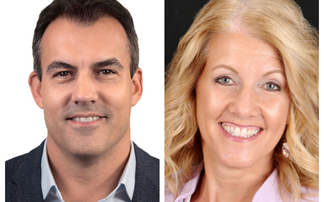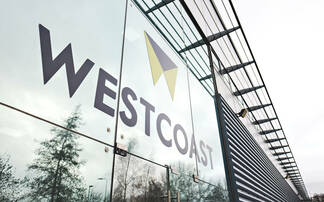Championing women & diversity in the UK IT channel. Nominations open until Friday 12 April. Nominate now!
On 20 - 21 June, CRN will return to the Netherlands for XChange EMEA 2024, bringing together channel partners for two days of insights and networking in The Hague.
Reward the elevate the champions of the UK managed services market, shining a spotlight on partners who exemplify success and adaptability Entry deadline: 14 June, 5pm BST
The most prestigious awards in the UK IT channel. Now in their 31st year, the awards are among the most respected and sought after in the industry. Entries close Friday 28 June, 5pm
Fearless channel contenders will immerse themselves into the brutal world of boxing to raise money for their chosen charities. Thursday 23 May, The Brewery London

























